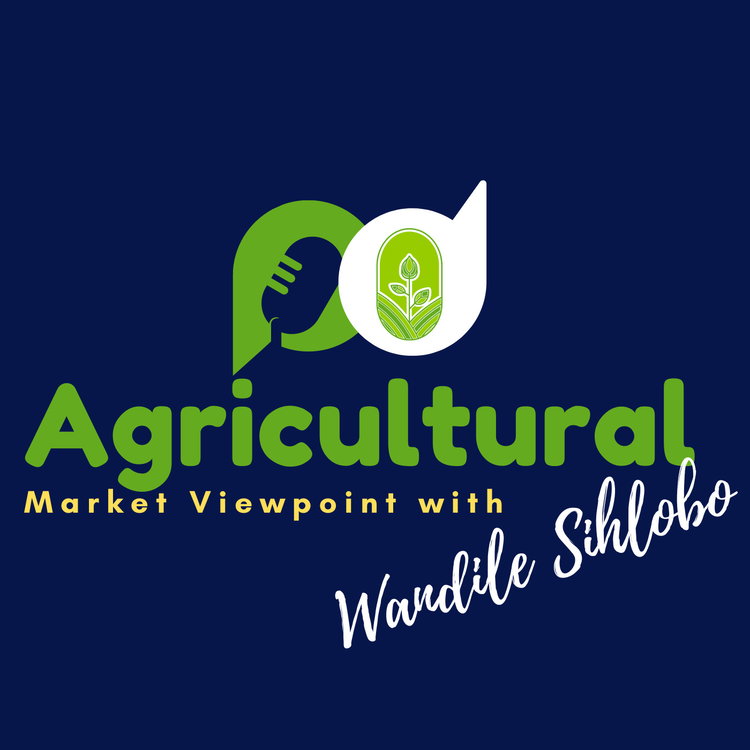
South Africa's wheat crop looks promising from a distance
Loading player...
On August 10, we drove across the Swartland region of the Western Cape from the Karoo side of the Northern Cape. As we entered the Western Cape, I couldn't miss the excellent sight of the wheat fields from a distance.
And yes, I appreciate that the Western Cape has received excessive rain recently; the picture certainly is not all rosy. Some fields have puddles of water, which may undermine the crop's growth potential. Our members in the area tell me that the southern regions of Swartland may be too wet, and the northern regions should do well.
South Africa's Crop Estimates Committee will release the area planted estimate and first production forecast for this season's crop on August 28. We will know more about the production prospects then.
What we know at the moment is that South Africa's preliminary area plantings for wheat are at 502k hectares, down by 7% from the 2023/24 season. This is the lowest area planting in seven years. The sharpest declines in area plantings are in the Free State and Limpopo.
The Western and Northern Cape provinces show a minor decline in area plantings. Other provinces, which are relatively small producers, such as the Eastern Cape, KwaZulu-Natal and Mpumalanga, also show a mild decrease in area plantings.
The major decline in winter wheat plantings in the Free State and Limpopo is unsurprising. The northern regions of South Africa experienced a harsh mid-summer drought, which led to significant crop losses. The farmers in some of these regions are under financial strain and, thus, understandably reluctant to increase the winter wheat plantings.
Moreover, the wheat prices have moderated this year, down by roughly 5% year-on-year. Therefore, in an environment with reduced soil moisture because of the mid-summer drought, lower wheat prices, and some financial pressures, farmers are likely focused on utilising more area plantings for the 2024/25 summer crop plantings that start in October 2024.
If weather conditions, particularly in the Western Cape, remain favourable for the rest of the season and we achieve a five-year average yield of 3,78 tonnes per hectare in the area of 502k hectares, then we could have a winter wheat harvest of 1.89-million tonnes. This would also be down 7% year-on-year and well below the five-year average winter wheat harvest of 2.02-million tonnes.
Podcast production by Richard Humphries, and Sam Mkokeli
My writing on agricultural economic matters is available on my blog: https://wandilesihlobo.com/
And yes, I appreciate that the Western Cape has received excessive rain recently; the picture certainly is not all rosy. Some fields have puddles of water, which may undermine the crop's growth potential. Our members in the area tell me that the southern regions of Swartland may be too wet, and the northern regions should do well.
South Africa's Crop Estimates Committee will release the area planted estimate and first production forecast for this season's crop on August 28. We will know more about the production prospects then.
What we know at the moment is that South Africa's preliminary area plantings for wheat are at 502k hectares, down by 7% from the 2023/24 season. This is the lowest area planting in seven years. The sharpest declines in area plantings are in the Free State and Limpopo.
The Western and Northern Cape provinces show a minor decline in area plantings. Other provinces, which are relatively small producers, such as the Eastern Cape, KwaZulu-Natal and Mpumalanga, also show a mild decrease in area plantings.
The major decline in winter wheat plantings in the Free State and Limpopo is unsurprising. The northern regions of South Africa experienced a harsh mid-summer drought, which led to significant crop losses. The farmers in some of these regions are under financial strain and, thus, understandably reluctant to increase the winter wheat plantings.
Moreover, the wheat prices have moderated this year, down by roughly 5% year-on-year. Therefore, in an environment with reduced soil moisture because of the mid-summer drought, lower wheat prices, and some financial pressures, farmers are likely focused on utilising more area plantings for the 2024/25 summer crop plantings that start in October 2024.
If weather conditions, particularly in the Western Cape, remain favourable for the rest of the season and we achieve a five-year average yield of 3,78 tonnes per hectare in the area of 502k hectares, then we could have a winter wheat harvest of 1.89-million tonnes. This would also be down 7% year-on-year and well below the five-year average winter wheat harvest of 2.02-million tonnes.
Podcast production by Richard Humphries, and Sam Mkokeli
My writing on agricultural economic matters is available on my blog: https://wandilesihlobo.com/

